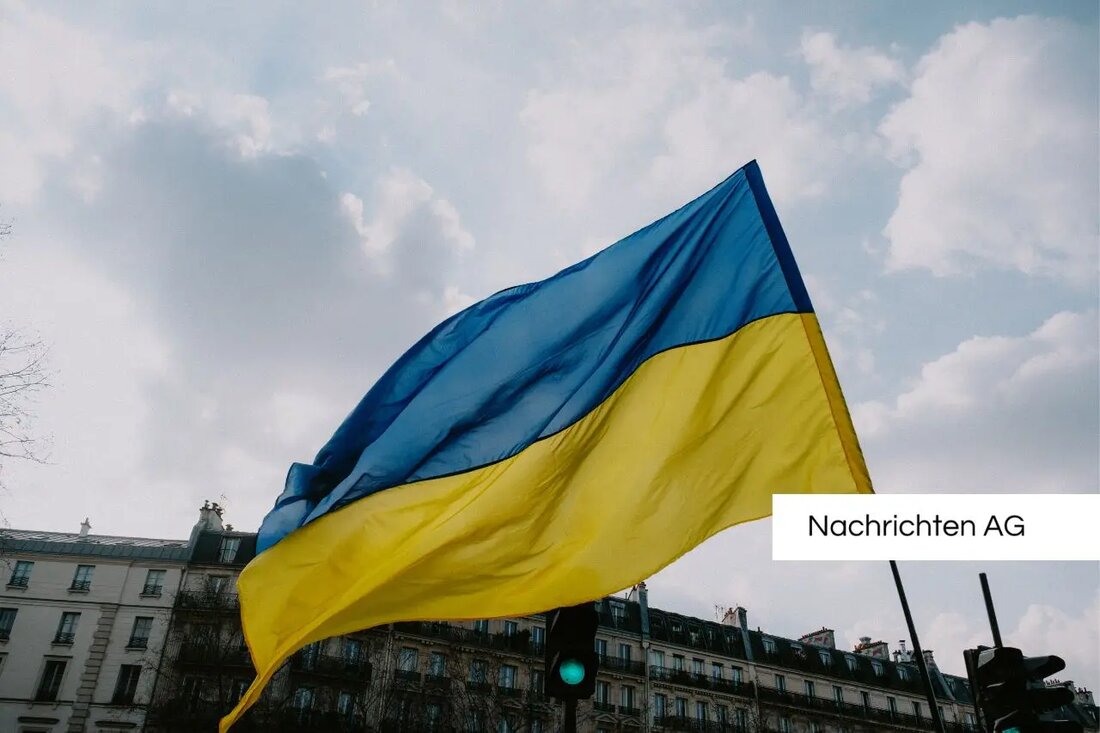Shocking tricks in the supermarket: pricing increases and foggy packs exposed!
Shocking tricks in the supermarket: pricing increases and foggy packs exposed!
On May 1, 2025, a Lidl customer from Stockerau caused a sensation when he discovered a particularly remarkable offer. The 700 milliliter bottle of a product was originally in the range for 14.99 euros, but was offered more cheaply by 4 cents, so the price was 14.95 euros. The savings of just 4 cents caused astonishing discussions on Facebook when the customer shared his find and reported a total saving of 1.28 euros.
The arithmetic task that the customer provided to other Facebook users was particularly interesting: "How many bottles did I buy?" This challenge led to numerous comments in which users appreciated the number of bottles purchased. Some well -known similar offers at Lidl, which also only offered small savings. A user even noticed that he had saved 14.95 euros - by not buying the product at all.
The problem of hidden price increases
This discussion is not only an isolated case, but also reflects a widespread phenomenon in retail - the hidden price increases. The Hamburg Consumer Center leads a Mogel packing list that now includes around 1,000 entries. This list is based on complaints from consumers and provides information about product names, manufacturers and dealers. It is intended to inform customers about hidden price increases and the phenomenon of the "shrink flation", in which the filling quantity of a product is reduced while the price remains the same.
An example: If a pack of 500 grams was offered at a price of 2.19 euros, the new package can only contain 400 grams, also at a price of 2.19 euros. In this case, the basic price would increase from 4.38 euros per kilogram to 5.48 euros per kilogram, which corresponds to a price increase of 25 percent, while the filling amount reduction is 20 percent.
growing consumer satisfaction
Consumer prices have increased sharply in recent years and there is increasing criticism of practices in the trade. Armin Valet, food expert at the Hamburg Consumer Center, points out a "first wave" of hidden price increases. The increase in raw material prices, higher energy costs and additional expenses by the Corona pandemic and the Ukraine conflict mean that food and non-alcoholic beverages were 14 percent more expensive in 2022 than in the previous year, as the Federal Statistical Office reported.
Consumer protection officers advise you to take a close look at the prices of familiar products when shopping. It is a variety of adjustments to be observed in pack sizes. For example, Haribo reduced the "gold bear" bag from 200 to 175 grams, while the price remained unchanged. Similar shrinkage has also been found in products such as jam, margarine and chips.
The increase in double price increases also becomes clear: While in the first half of 2022 35 percent of the observed articles were affected, this value was only 18 percent in the two years. Consumer advocates refer to the methods as trickery at the expense of customers, which gives even more importance in view of the Lidl offer and the associated discussion.
For many consumers, shopping in the supermarket is increasingly a challenge, in which the smallest savings focus on. The discussion on the net shows that these topics also affect people directly and that they want to find out about the often little transparent practices in pricing.| Details | |
|---|---|
| Quellen | |


Kommentare (0)